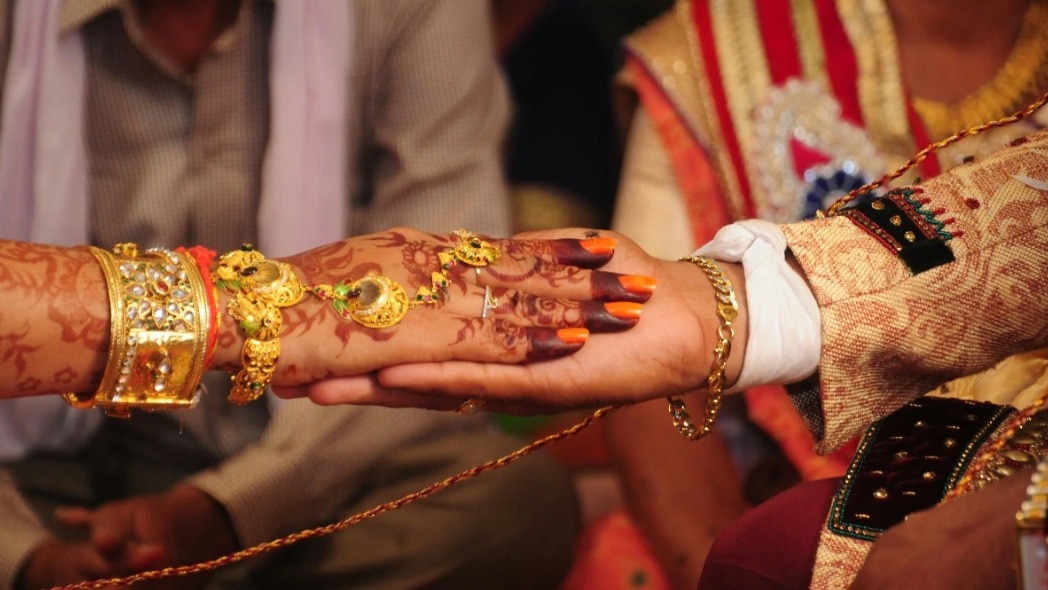ARTICLE AD BOX

NEW DELHI: Supreme Court has cautioned trial courts and HCs against undue leniency or excessive severity while imposing punishment on a person convicted of an offence and said that deviation from this time-tested sentencing policy could erode public faith in the judiciary or lead to injustice.“Undue leniency can cause public confidence in the justice system to plummet, while excessive severity may lead to injustice,” ruled a bench of Justices Dipankar Datta and Augustine George Masih while rejecting a plea for reduction of the eight-year sentence imposed on a youth who, in the heat of the moment during an altercation, struck a blow that led to the death of a man.The accused bore a grudge against a man who had raped his sister.
His sister had given birth to a child on account of the sexual assault. The family of the man who raped the girl was unwilling to accede to the proposal to get the rape survivor married to him. The man was in jail on the charge of sexual assault. When the accused, with his family, was visiting the alleged rapist’s family to resolve the issue of his sister’s proposed marriage to him, an altercation broke out, in course of which the alleged rapist’s brother intervened in an effort to calm the situation.
But the accused was so enraged by the sexual assault on his sister, coupled with the alleged rapist’s refusal to marry her, that he picked up an axe and gave a fatal blow to the one attempting to pacify the two sides.Senior advocate Rahul Kaushik told the court that the accused was merely 20 years old when the incident happened.Highlighting that the crime was not pre-meditated, he pleaded for leniency in sentence, which had been reduced to eight years by the HC from 10 years imposed by the trial court.Writing the judgment, Justice Datta agreed that the appellant may have been deprived of self-control because of his sister’s alleged rape at the hands of the man. But he found no sudden provocation in the circumstances to warrant the trial court's converting a murder case into a culpable homicide one.

 2 hours ago
5
2 hours ago
5









 English (US) ·
English (US) ·